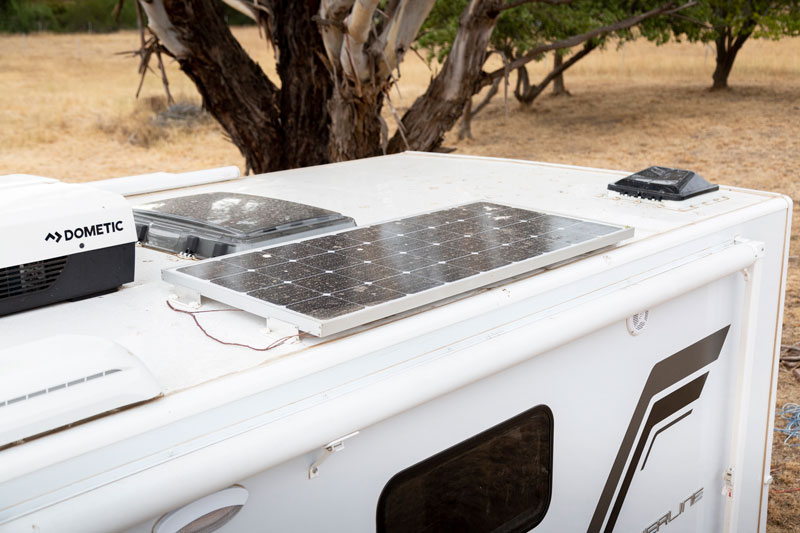
12V Guru – Optimising your Solar Power System
Solar Panels installed on your vehicle roof? Our 12V Guru discusses how to optimise their performance in place of buying more panels
Investing in a caravan is a big decision and the first step to planning an epic road adventure. However, before you can set off on your adventure, buying a caravan is not as simple as walking into a caravan showroom and purchasing the first one you see.
As with any big investment, there is a list of things you should consider and prepare before you choose which caravan is right for you. But just before that, if you’re still on the fence about getting a caravan, let’s consider the following reasons why you should:
Convinced of the potential that buying a caravan offers? If so, here are the different types of caravans you will commonly see in the market.
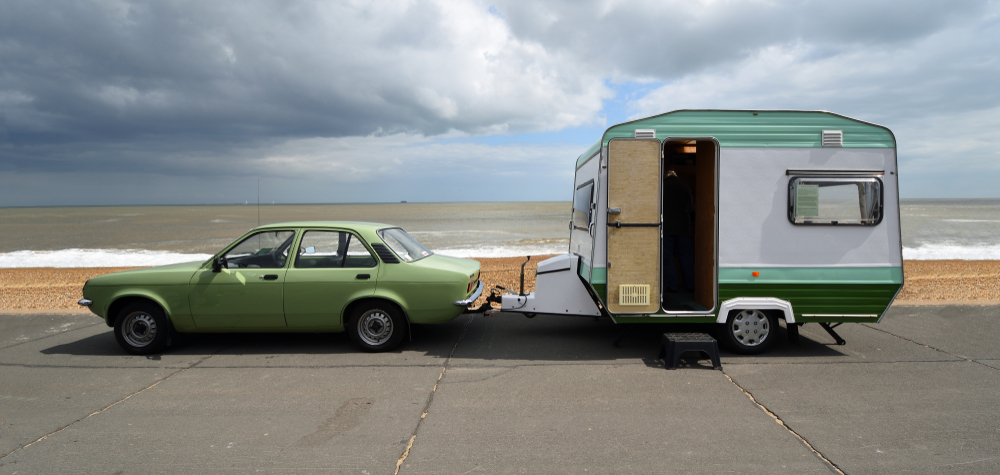
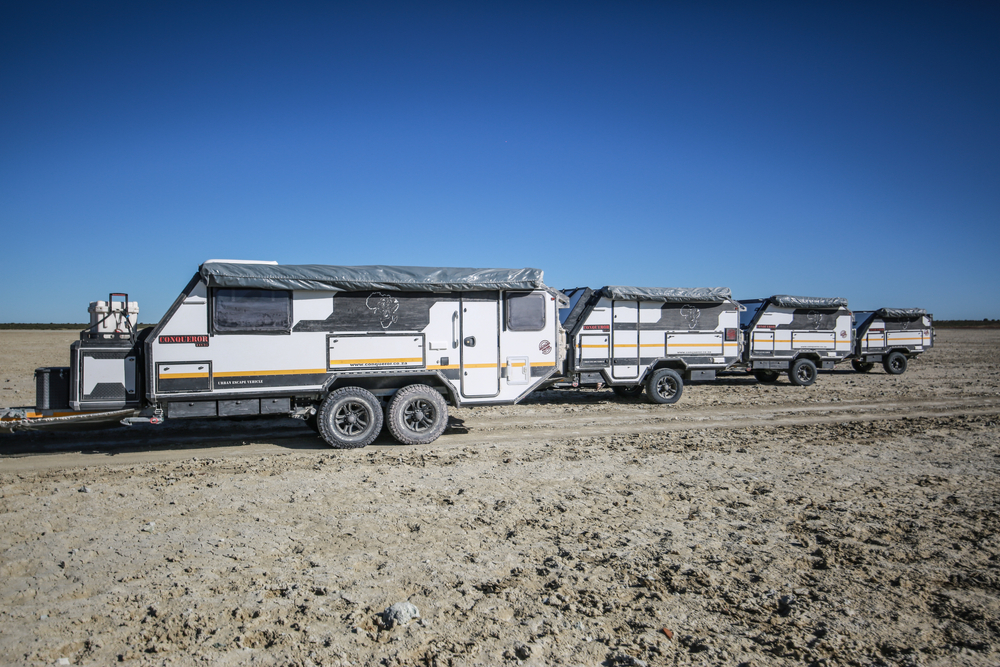
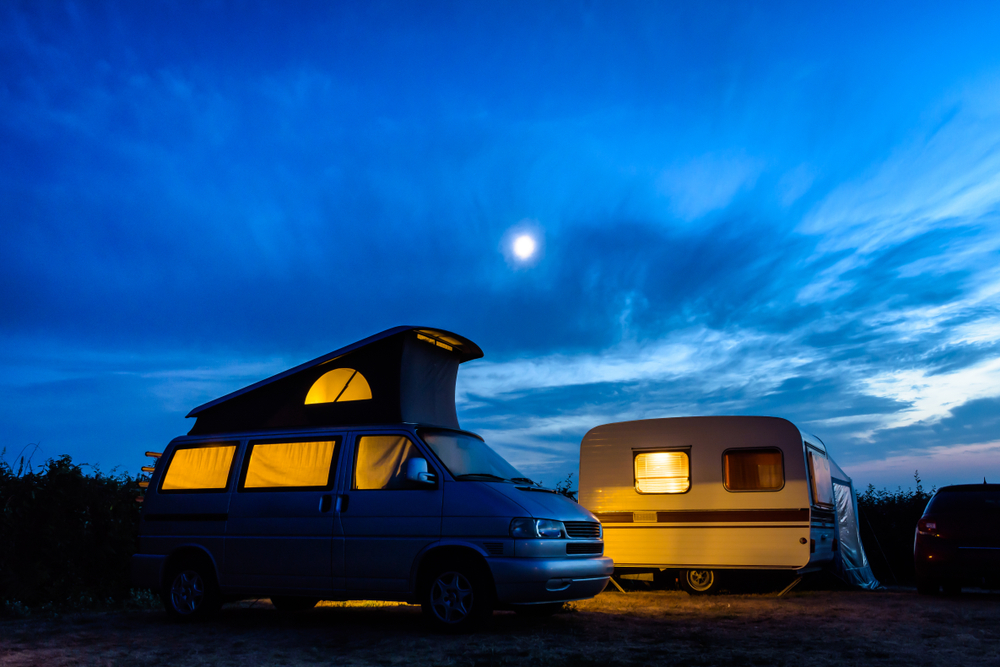
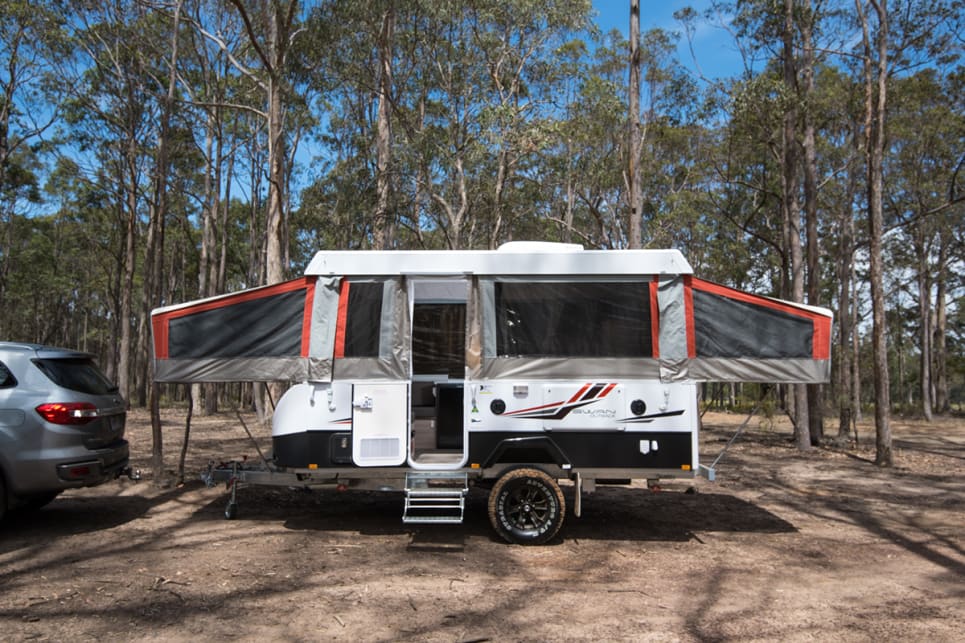
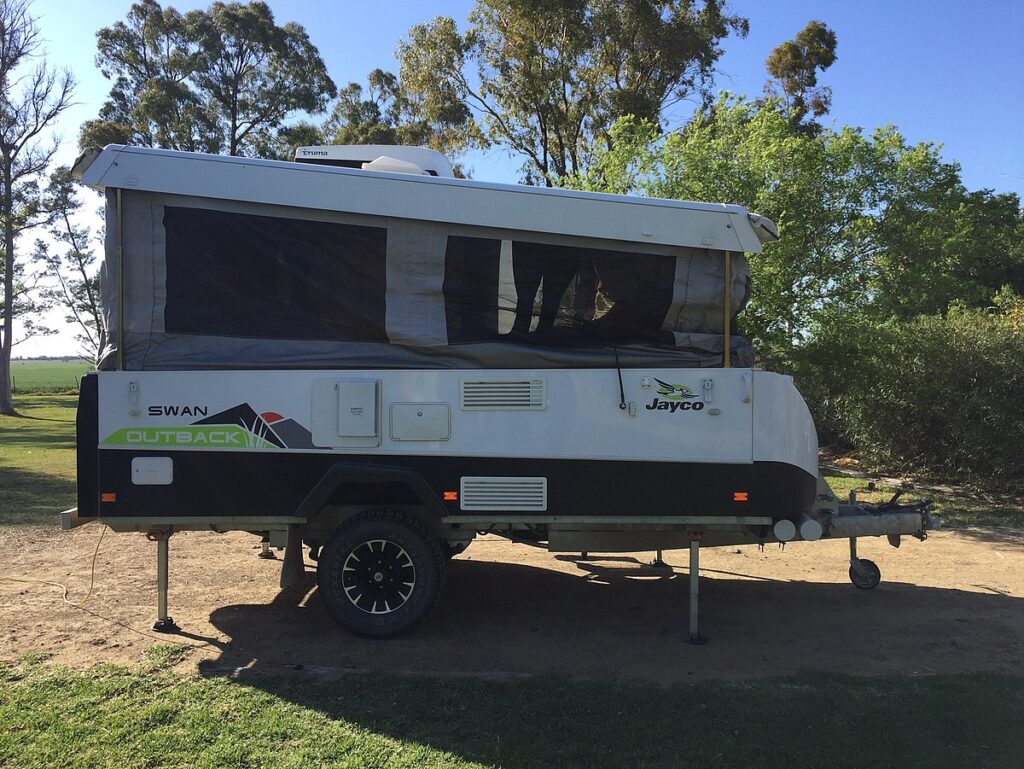
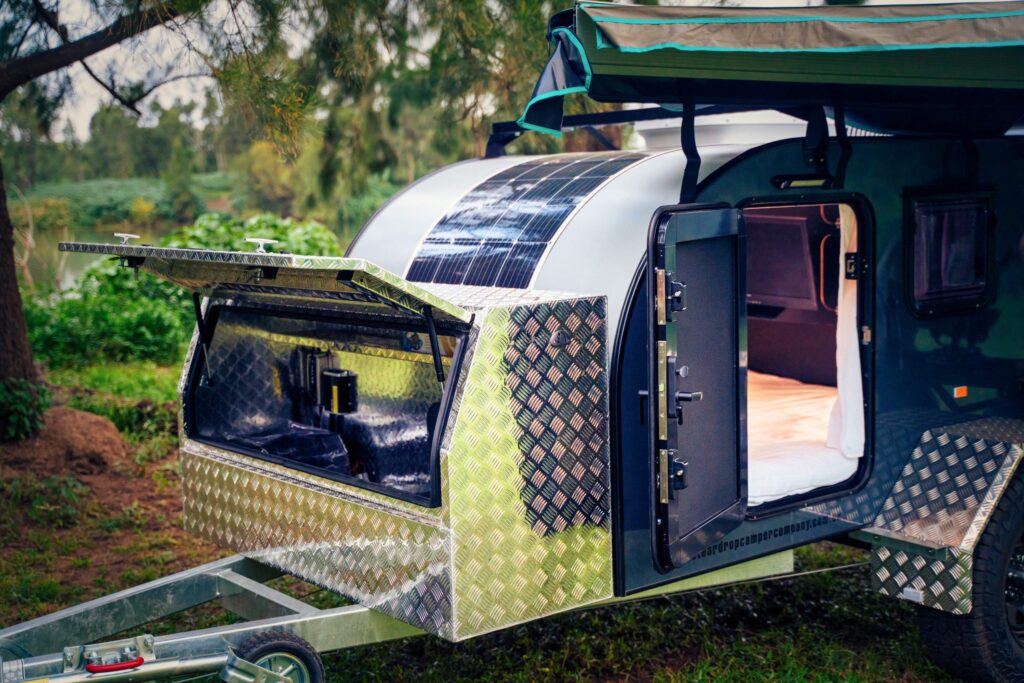
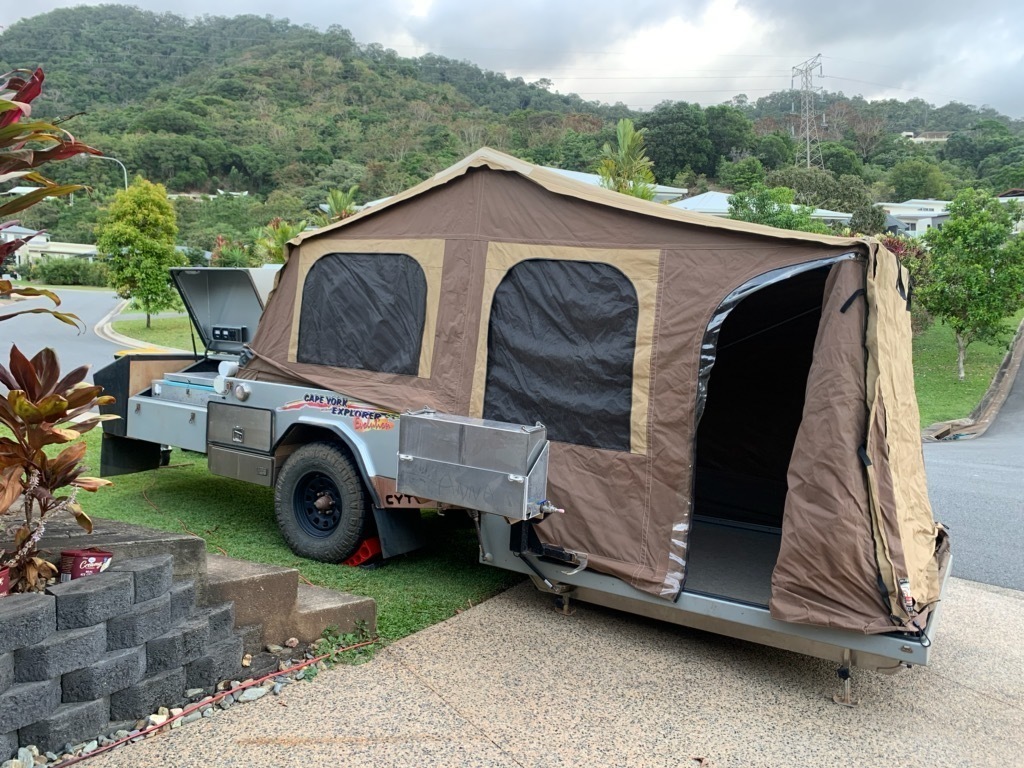
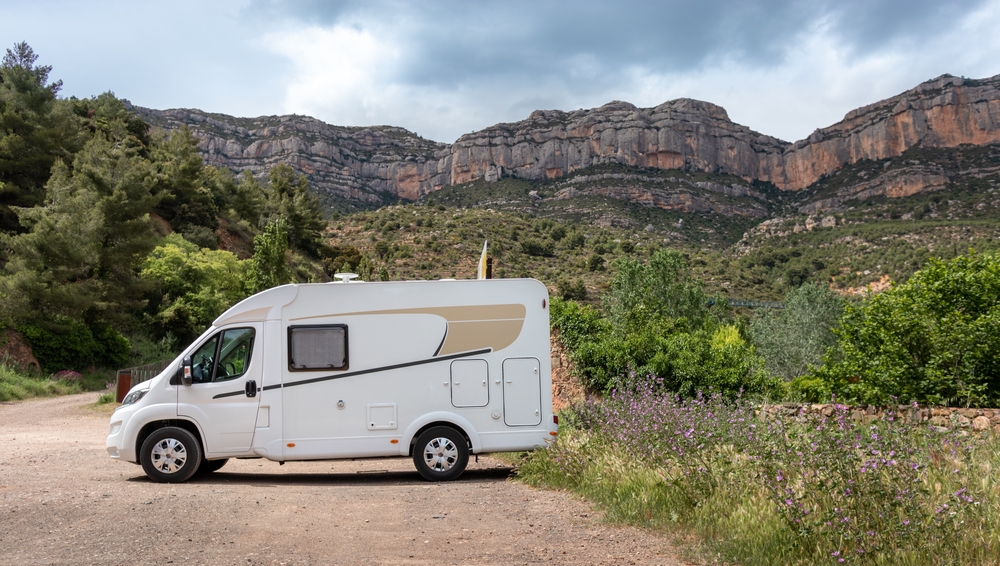
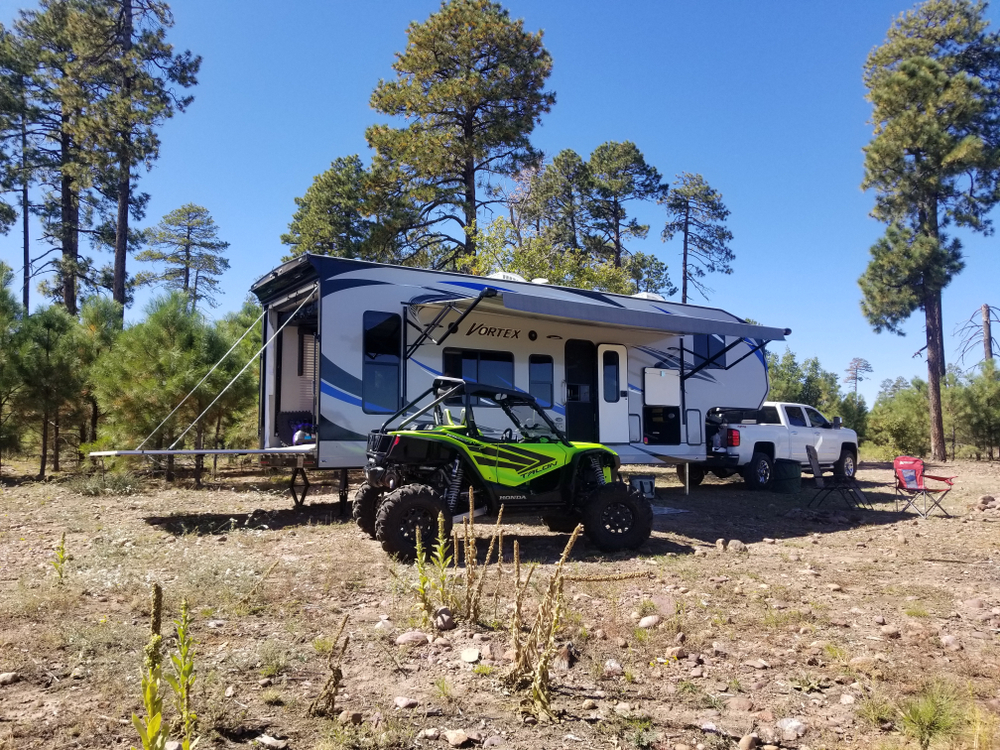
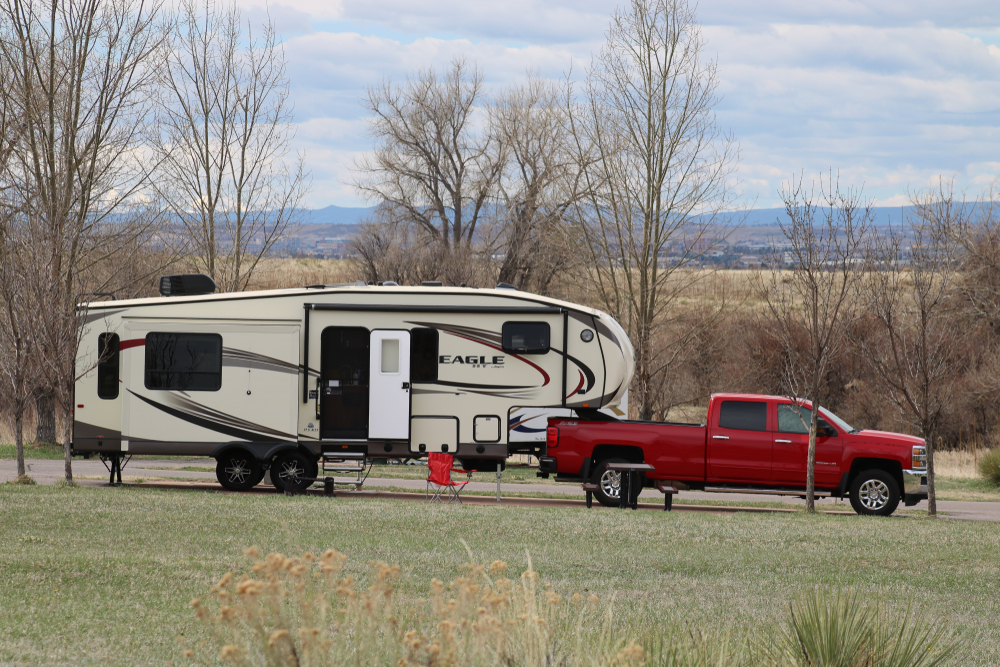
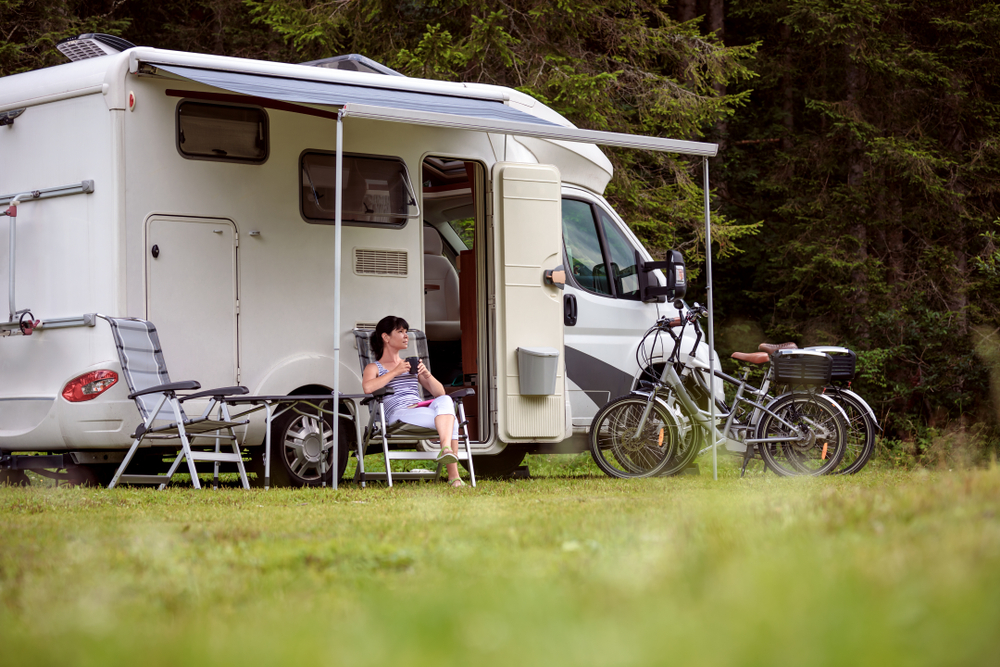
Now that you have an idea of the different types of caravans, here are a few things to keep in mind before you buy your new swanky home on wheels.
Before you set out to buy a caravan, you need to consider different factors and aspects of your travel, such as:
Start by asking yourself these basic questions to help you decide on what size, layout and type of caravan you should invest in. Answering these can give you a better idea on what you might be looking for instead of going in completely blind.
As with any travel adventure, you need to decide on how much you’re willing to spend. Caravans come in varying sizes, layouts and facilities, which will affect price accordingly. So it will be helpful to set the maximum you’re willing to spend on a caravan.
Will you be able to afford a new one, or would a second-hand caravan be sufficient? Of course, if you decide on a second-hand caravan, you should also consider the possibility of having to fix up any pre-existing issues the caravan might have had.
Some caravans also come with many utilities included, while with others, you might have to purchase them as separate add-ons. Some add-ons we recommend:
If you plan on selling your caravan at a later stage, having extra utilities will also help improve its resell value significantly.
The weight and tow capacity mainly depend on whether you’re investing in caravans that need to be towed by another vehicle.
You’ll have to ensure that the vehicle you use to tug the caravan will be able to handle the weight of the caravan along with the items you’ve packed for the trip – especially if it’s for a long-term trip.
Will the vehicle also be able to handle different terrains? Most often, bigger vehicles like SUVs and pick-up trucks are ideal as towing vehicles. You might also have to invest in extra accessories for towing a caravan, such as the towing system, towing mirror, reversing camera and so on – extra things to add to your budget as well.
Once you’ve narrowed down the type of caravan you want, you need to inspect the caravan thoroughly, especially with its utility connections. Are water, electricity and gas connections all working well or are they damaged or ill-fitted? This is extremely important if you’re buying a second-hand caravan. Talk to the previous owner beforehand to get a good idea of the caravan’s history so you’ll be prepared to handle anything that might happen.
While choosing the right caravan or RV can be a little intimidating at first, don’t hold back on research. Window shopping at caravan yards and camping shows are a great way to give you an idea of what you might be looking for. It will also help you create a list of ‘must haves’ and ‘deal breakers’ to help you stay focused on what’s important for your trip. Don’t be discouraged if it takes some time to find the right caravan. What’s important is to get out there and start looking so that your dream adventure becomes a reality soon.
Get in touch with us to see how we can help power your adventures.
Like this post? Share it!

Solar Panels installed on your vehicle roof? Our 12V Guru discusses how to optimise their performance in place of buying more panels
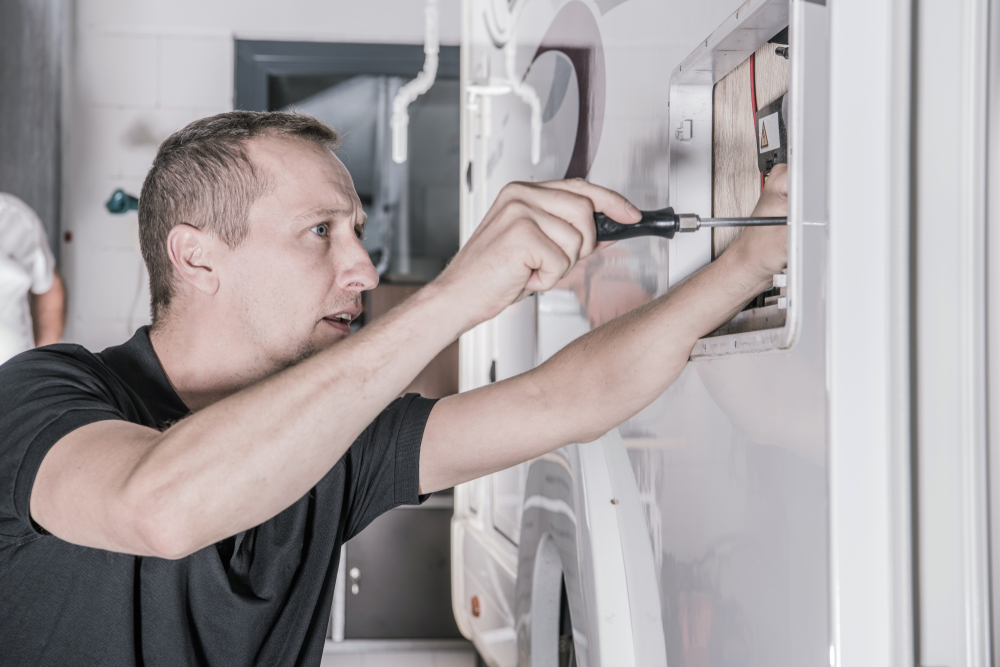
Looking at installing your own 12V products such as a DC-DC charger and shunt? Our 12V Guru discusses connectors and what you need to know here
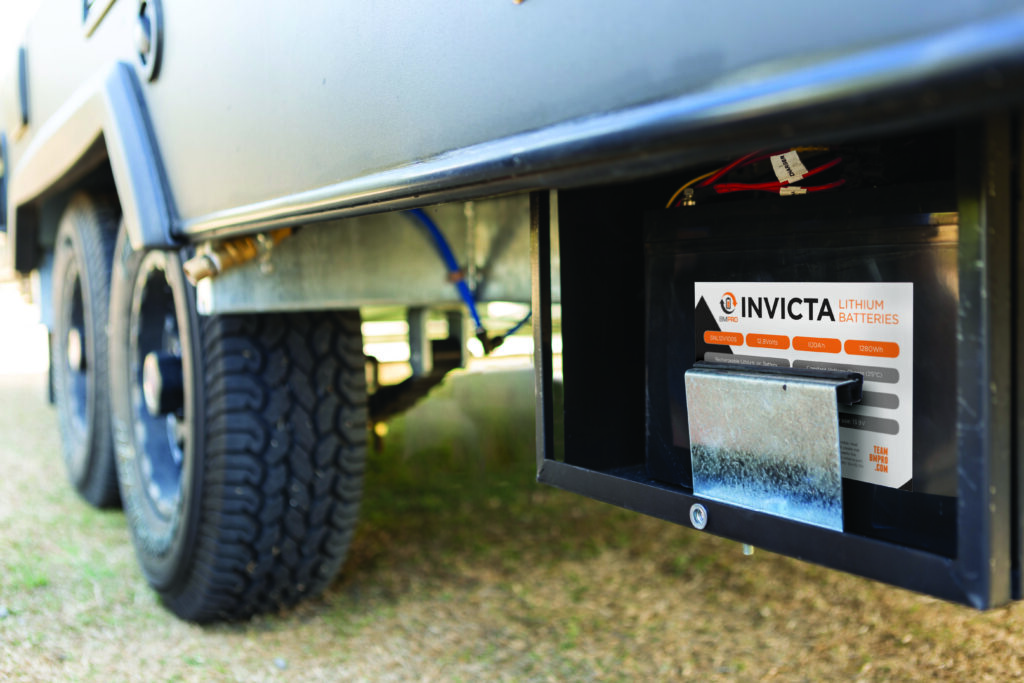
This is a guide to help understand the requirements of the new standard in relation to lithium battery

© 2020